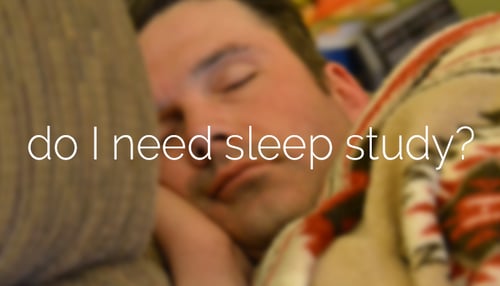What is Narcolepsy
Narcolepsy is a sleep disorder characterized by a frequent and sometimes uncontrollable desire for sleep. This can result into sudden lapses into sleep at any time or place. The result is that normal patterns and rhythms of sleeping become abnormal. For example, someone suffering from narcolepsy may end up sleeping several times during the day and then having trouble sleeping at night.
Irregular sleeping patterns are not only inconvenient, they can have medical, emotional, and psychological consequences.
Cataplexy and the Two Types of Narcolepsy
There are two types of Narcolepsy, Type 1 and 2. Type 1 Narcolepsy is the most common, and it is distinguished from Type 2 by the presence of Cataplexy. Cataplexy is an episode of strong emotion that leads to sudden loss of muscle tone. This can cause a slack jaw or other body part, or a complete collapse.
Symptoms of Narcolepsy
· Excessive daytime sleepiness
· Cataplexy
· Sleep paralysis, which is a temporary inability to move or sleep after waking
· Hallucinations, which are temporary, vivid, dream-like visions or delusions
· Disrupted nighttime sleep
If the symptoms sound familiar and are interfering with your normal life, you should look into getting a sleep study
Who Is Affected by Narcolepsy
Fortunately, narcolepsy is relatively rare, affecting only about 1 in every 2000 people. Narcolepsy symptoms generally begin to appear in people between the ages of 10-30 years old.
From the time symptoms begin, the average time to diagnosis is about 7 years, though it is estimated that only 25% of people with narcolepsy have actually received a formal diagnosis.
What Causes Narcolepsy
Narcolepsy is caused by the loss of a brain chemical called hypocretins. This chemical is a neurotransmitter that is involved in the regulation of the sleep-wake cycle. Without their presence, the body is unable to adequately regulate sleep.
While it is not understood exactly what causes the loss of hypocretins, current research points to a combination of genetic and environmental factors as causes. Researchers have also identified a gene that is linked to narcolepsy, which about one quarter of the U.S. population carries.
Risks of Narcolepsy
Because of the symptoms of Narcolepsy, there are certain safety concerns associated with this sleep disorder, such as driving accidents. Additionally, the sleep deprivation that can result from Narcolepsy include:
· Lower life expectancy
· Sleep deprivation linked to heart disease and stroke [source]
· Decreased immune function (in one study, people who received less than 7 hours of sleep were three times more likely to develop a cold than those with 8 hours or more of sleep)
· Strong link of sleep deprivation to weight gain
· Lower glucose metabolism and Type 2 diabetes risk [source]
· Link to increased inflammation [source] (those of you with IBS or other bowel-disorders may have already noticed a relationship between your gut and your sleep)
Treatment Options for Narcolepsy
A Narcolepsy diagnosis requires a sleep study. Fortunately, this sleep disorder can be treated with medications and lifestyle adjustments.
If you believe you have narcolepsy based off the information in this article then please contact us for further discussion and start by taking this free online sleep test:



